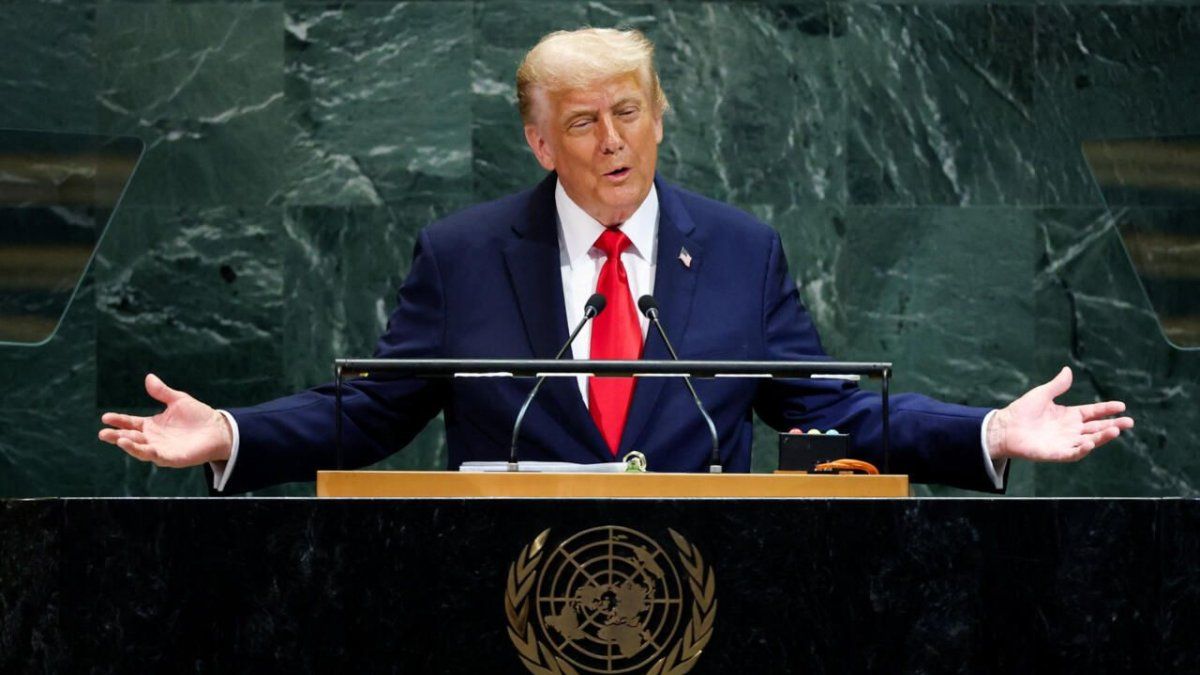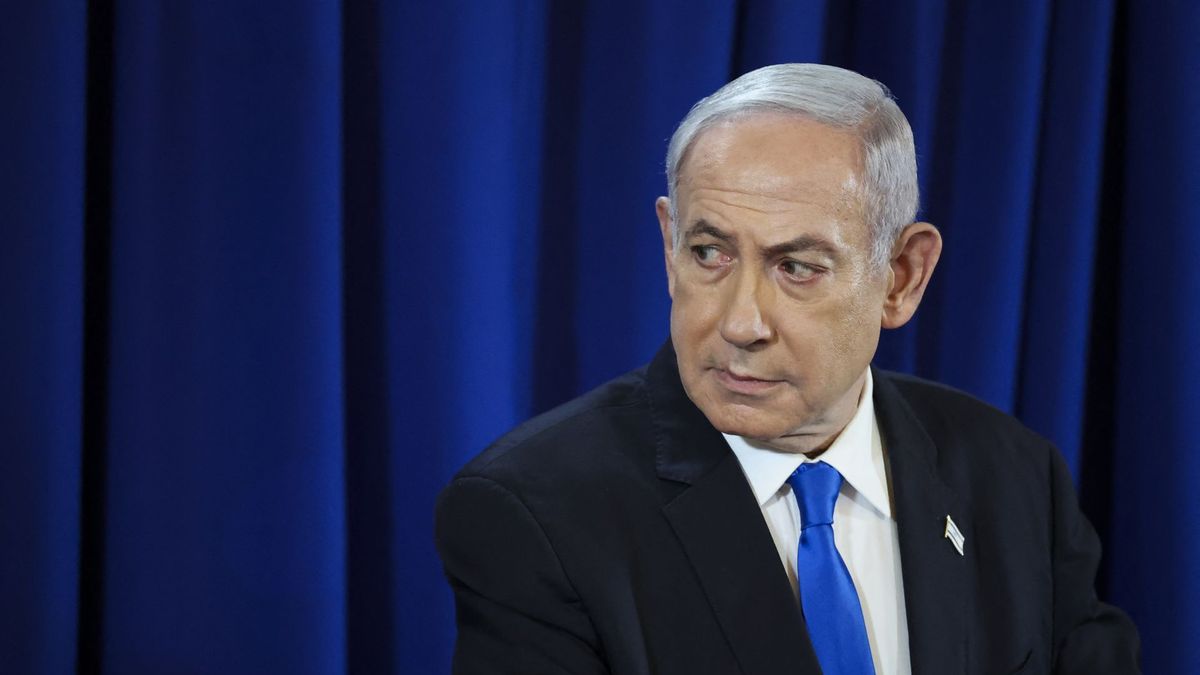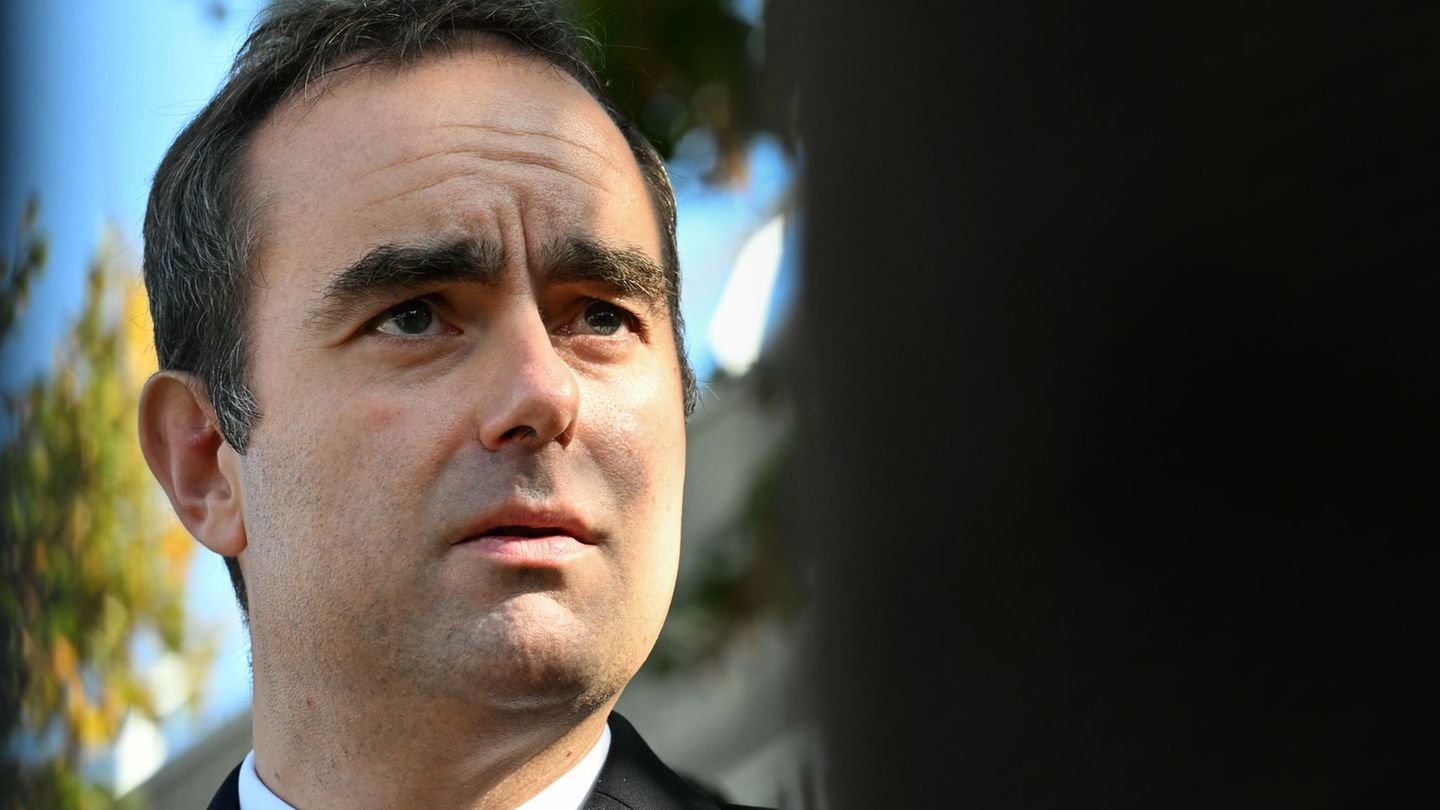Menu
Steel industry: Scholz invites you to a steel summit in the Chancellery
Categories
Most Read
SME retail sales fell 2% in September
October 12, 2025
No Comments
1.4 million tourists traveled through the country and left more than $260 billion
October 12, 2025
No Comments
Why should I invest $1,000,000 in 30 days from home banking and not from a branch?
October 12, 2025
No Comments
LNG: Record for liquefied natural gas – imports to Germany are increasing
October 12, 2025
No Comments
Trade dispute: China accuses USA of double standards after tariff announcement
October 12, 2025
No Comments
Latest Posts

Donald Trump, heading to Israel, confirmed that the war is over
October 12, 2025
No Comments
October 12, 2025 – 20:12 The US president will meet this Monday with relatives of hostages and then give a speech in front of the

Benjamin Netanyahu welcomed the imminent release of hostages and called for putting aside disagreements
October 12, 2025
No Comments
He Prime Minister of Israel, Benjamin Netanyahucelebrated the imminent release of hostages kidnapped by Hamas after the ceasefire in Gazaand urged citizens to “put aside

Political crisis: New government in France is in place – political crisis unresolved
October 12, 2025
No Comments
IvanI have been working in the news industry for over 6 years, first as a reporter and now as an editor. I have covered politics
24 Hours Worlds is a comprehensive source of instant world current affairs, offering up-to-the-minute coverage of breaking news and events from around the globe. With a team of experienced journalists and experts on hand 24/7.

